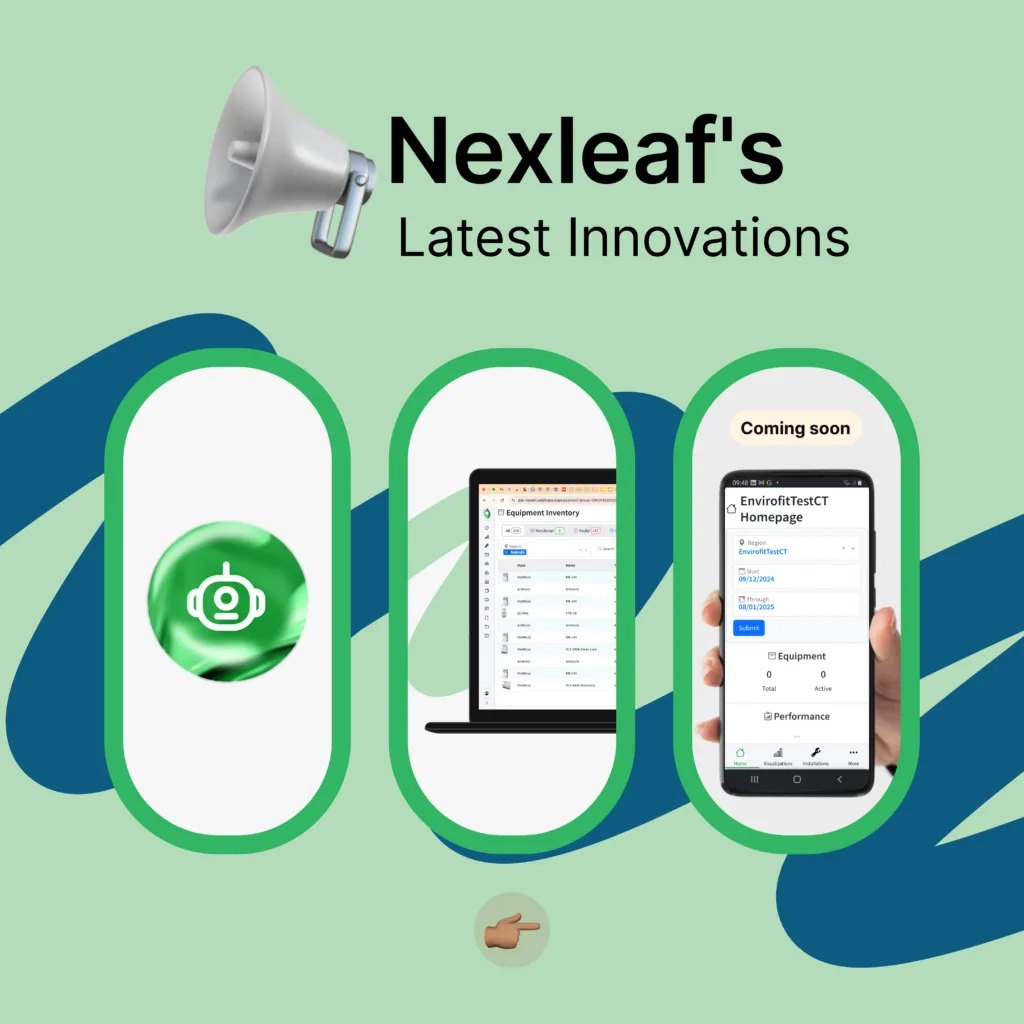our work
Vaccines
The Challenge
Keeping vaccines safe and potent is no easy task.
Vaccines must be stored at safe temperatures from the moment they are manufactured until they are administered to a patient. Exposure to extreme heat or cold can reduce their potency, leaving patients vulnerable to preventable diseases.
In low- and middle-income countries, an estimated 55% of health facilities rely on vaccine refrigerators that perform poorly or don’t work at all. These specialized fridges, like any equipment, can break down—but they’re too often left unrepaired or unreplaced. The result: wasted vaccines, wasted resources, and missed opportunities to save lives.
The Solution
ColdTrace gives health workers real-time insights to monitor vaccine storage and take action.
Nexleaf’s flagship technology is designed to deliver the right data to the right people at the right time, ensuring timely action is taken to preserve vaccines, address issues, and keep immunization systems running.
Story from the Field
ColdTrace in Action
Within the first month of deploying our ColdTrace sensor technology in Kilifi, Kenya, health workers from one clinic received a ColdTrace SMS message on a Saturday informing them that the power at their clinic was out, putting the temperature-sensitive vaccines stored there in danger. The staff, who were off for the weekend, quickly contacted the security guard, who was able to switch the vaccine refrigerator power source over to back-up propane gas power. However, the following day the clinic workers received another ColdTrace message stating that the vaccine refrigerator had become too hot.
Alarmed by this second alert, the health workers went directly to the clinic where they discovered the propane hose attached to the refrigerator had clogged, causing it to overheat. They fixed the problem, saving approximately 2,000 vaccine doses that could have been lost over a single weekend.
CTX: Best-in-Class Design to Safeguard Vaccines
From manufacturing to the moment of immunization, vaccines must be stored at precise temperatures to remain effective. Health workers need smart, reliable tools to protect every dose.
Nexleaf’s flagship solution, ColdTrace, enables real-time cold chain monitoring through instant alerts and powerful data analytics. Our latest version, ColdTrace X (CTX), is now available, bringing even greater insight and control to vaccine storage across health systems.
ColdTrace Transport helps health workers keep vaccines safe while on the move.
ColdTrace Transport was developed with continuous input from health workers delivering vaccines in the field. The result is a flexible, user-driven solution for safer, more reliable vaccine distribution.
Highly customizable, the app can also be adapted to support other medical cold chains—ensuring critical health products arrive safely, wherever they’re needed.

coldtrace platform
Real-time data + analytics to drive cold chain performance.
Our data analytics and inventory management platform serves workers at every level of the health system in their mission to preserve and transport vaccine resources effectively.
Data Integration as Innovation
Nexleaf is partnering with other cold chain technology manufacturers to provide countries with the integrated solutions they need to enable single-login cold chain equipment management.